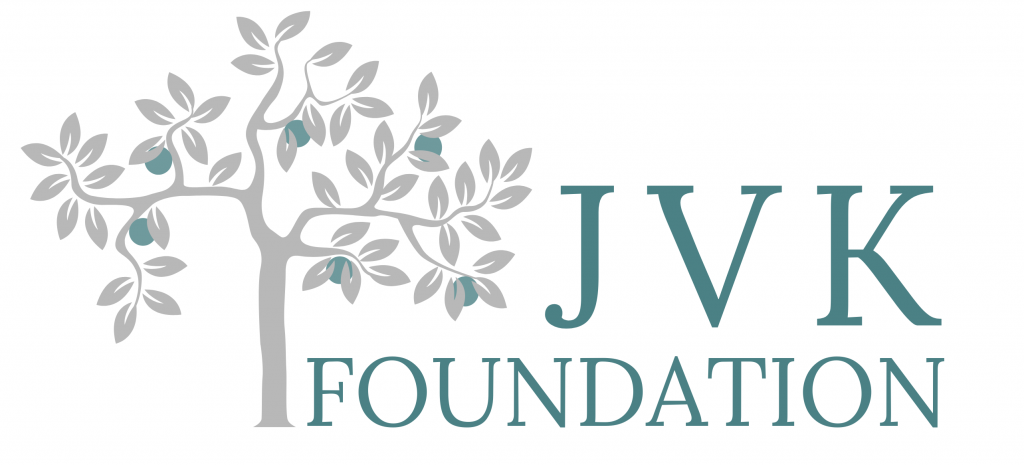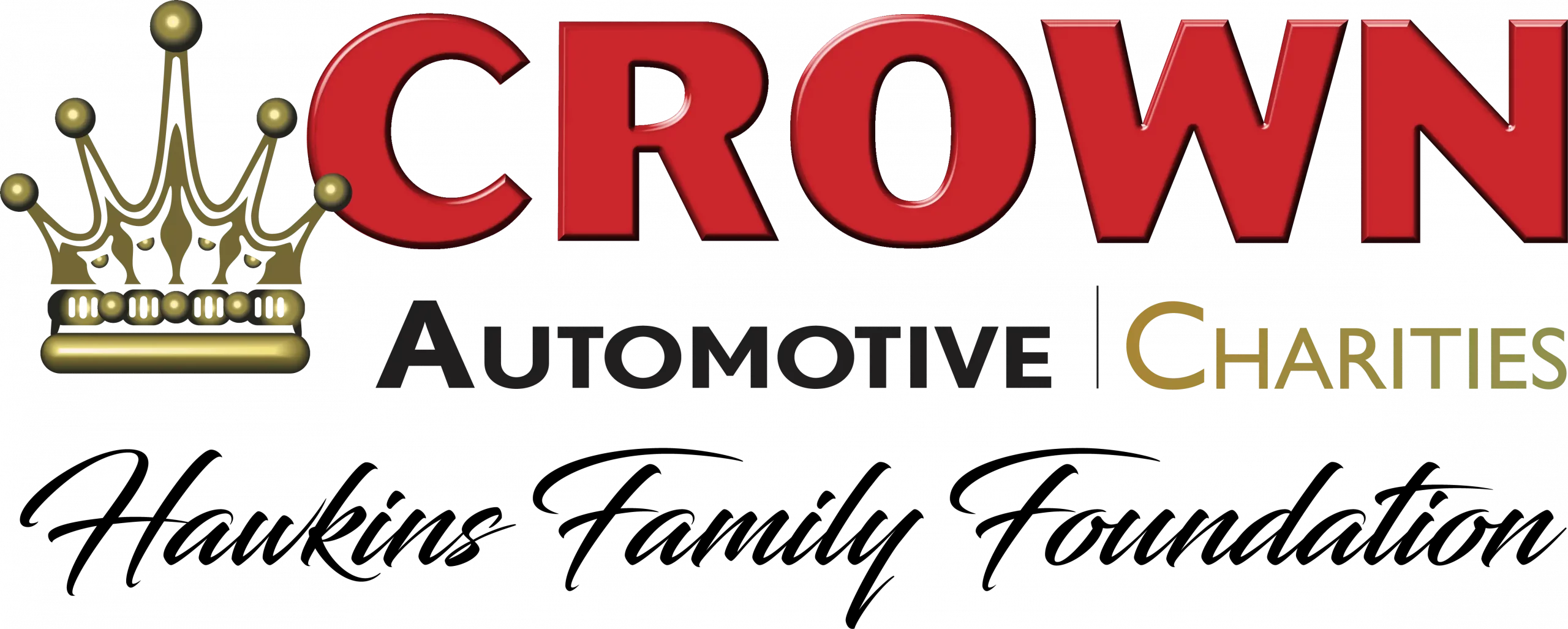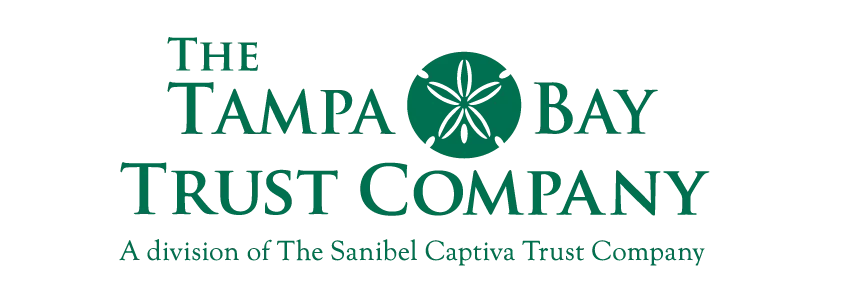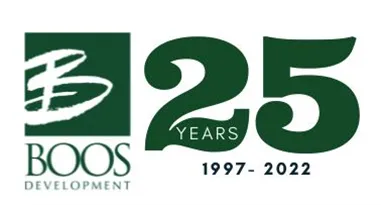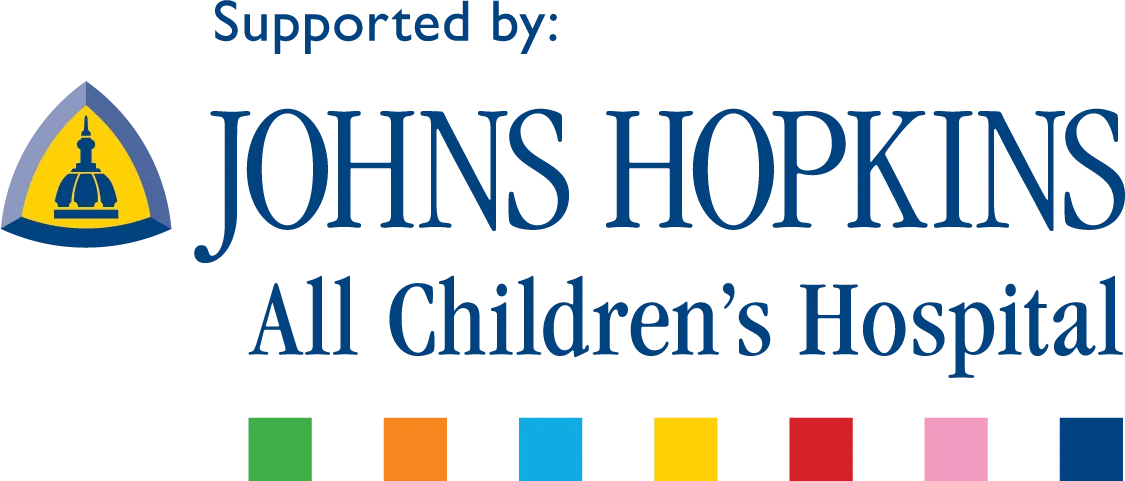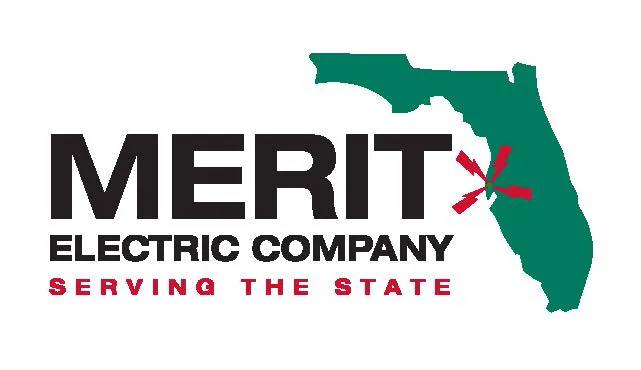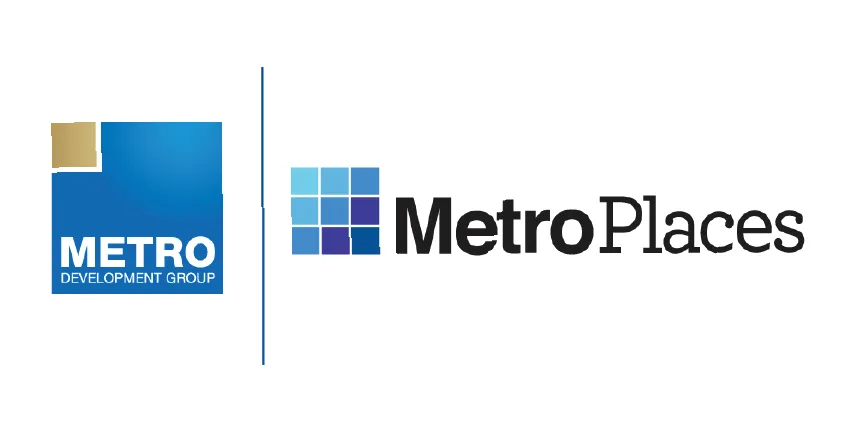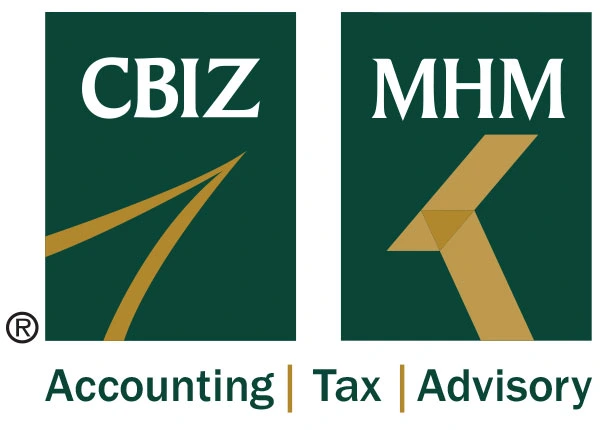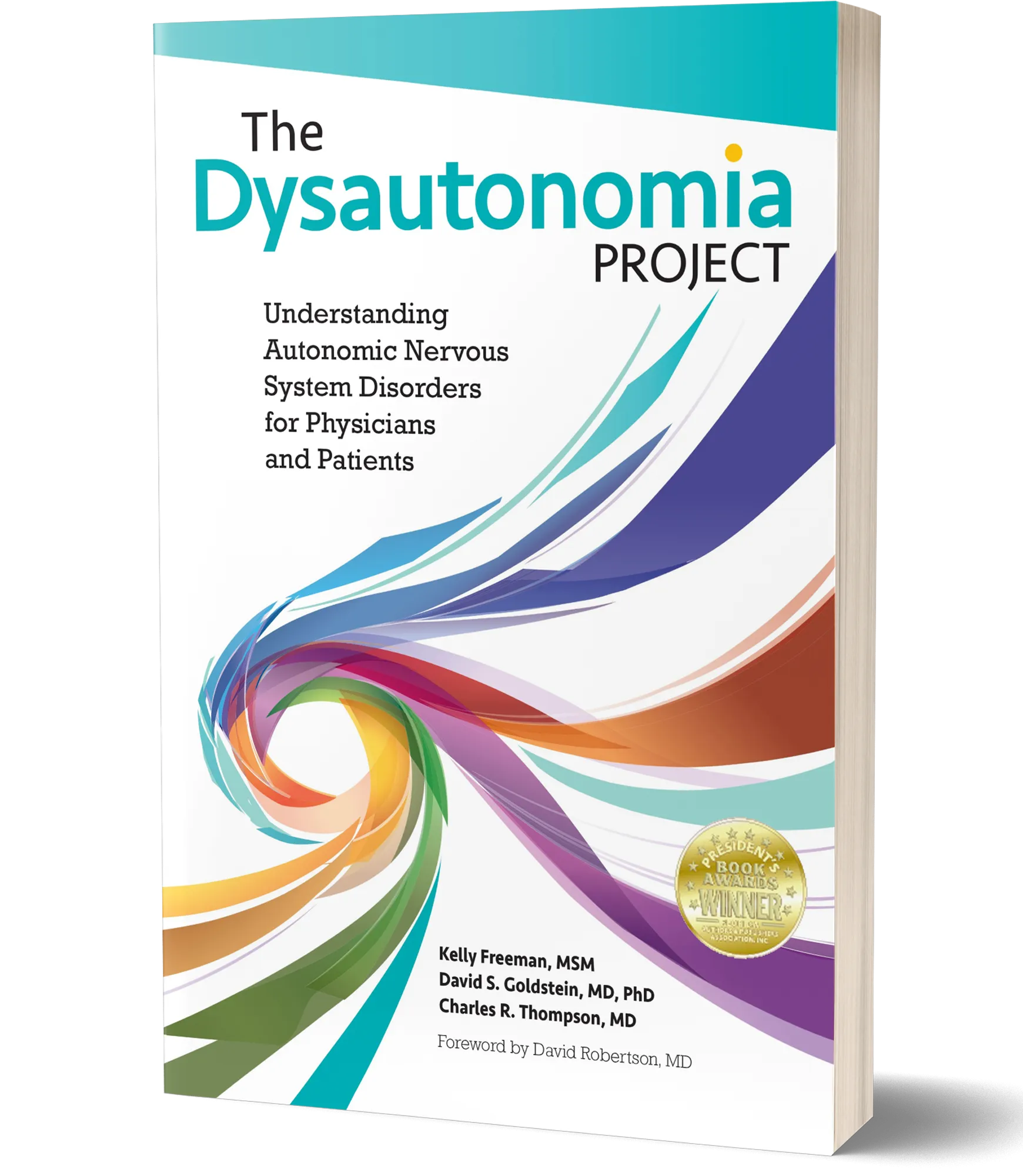Home » Dysautonomias » How I Learned About Autonomic Medicine: A Cardiologist’s Perspective with James Glenn, MD
How I Learned About Autonomic Medicine: A Cardiologist’s Perspective with James Glenn, MD
This video offers an interesting perspective on learning about autonomic disorders after a senior cardiologist found a patient with a complicated case including orthostatic hypotension. Dr. Glenn shares his suggestions for other physicians wanting to learn more about autonomic medicine.
Mrs. Kelly Freeman: Hi, I’m Kelly Freeman and we are here for an educational video about learning about autonomic medicine and I’m joined by Dr. Jim Glenn. Thank you for being here. Dr. James Glenn: Oh, it is a pleasure, thanks for having me. Mrs. Freeman: Tell us about yourself. Dr. Glenn: Well, I’m a cardiologist and did cardiology in the community in Charleston, South Carolina for 28-29 years and then got an opportunity to join the faculty at the Medical University and I’ve been there for almost 20 years. 15 years ago, a patient became my responsibility with autonomic failure about which I knew very little. The patient was diabetic and so there was a fair bit of literature that I was able to review and in taking care of this patient, which went on for a period of several years, I became interested and began to attempt to teach myself and then I discovered that I knew a lot that I didn’t understand. I sought to understand it. Mrs. Freeman: How did you even know from the beginning that there could be something autonomic going on in this patient? Dr. Glenn: I’m not sure I knew the name of it, but it became clearer as one added up the difficulties that he had – orthostatic hypotension being primarily the burden, and then GI track difficulties, dry eyes, dry mouth, the bladder didn’t empty. So obviously these things were connected and the only way one could connect that is through autonomic function that was not working. Mrs. Freeman: So, did you have to do a lot of research on your own before you discovered that there was an autonomic problem going on? Dr. Glenn: No, that’s not quite how it evolved. I’m not sure, my memory is that it dawned on me pretty early that these things were connected and we tended to associate that with diabetic neuropathy. While that’s true, that’s not nearly a sufficient lead to understanding. And then, which was sort of interesting to me, I was asked to give a Cardiology Grand Rounds which is a pretty tough thing to do, in the sense that you’ve got a discerning faculty that is interested in you doing it well, so you see the hell to the far and I’ve reviewed that Grand Rounds that I gave 10-12 years ago and, have, I was struck by how much information was in there that I really didn’t understand. Mrs. Freeman: Now looking back, now that you know what you know. So, you took an interest initially in autonomic medicine because you had one patient. How did you go about really learning more about autonomic medicine and where has that taken you now in your journey? Dr. Glenn: Through reading, plus I had the great fortune, a neurologist a gentleman by the name of Ken Bergmann who was interested in autonomic medicine and was really properly trained, was at the Medical University at the time and he was a great help and being a tutor to me. Here, for example, he would say is what you need to know and here is a way that you can learn that Mrs. Freeman: So, would you say that in medicine today at the community level that there is an acceptance for the understanding of autonomic medicine or it is still quite difficult to gain interest? Dr. Glenn: I think it’s quite difficult. Practitioners have a difficult time largely because of time. We’re all interested in medicine, that’s why we’re there, but we discover that seeing X numbers of patient a day, having to have a work flow that moves forward, it’s very difficult to take a detailed history and then think about something for another period of time. Mrs. Freeman: I understand you went up to have a mini-fellowship for a couple of weeks up at the NIH and tell us a little bit about that. Dr. Glenn: Well, it became clear to me that I needed to be tutored. Mrs. Freeman: Oh, okay. Dr. Glenn: Meaning that I was not understanding a lot of what I was learning, plus the field was so broad I needed to have some leadership through that. I looked around for what fellowships or places that might accept me for a period of time. Dr. Goldstein is particularly keen on mentorship, even though his lab and his work is fundamental to any understanding in autonomic research, his mentorship is critical to him. So, he was willing to accept me for the mini-fellowship. I have often told those who ask what my training is, meaning what did you do your internship in and I will add well I did my fellowship at the NIH and I said before I have to give you full disclosure that lasted two weeks and then the next thing, they want to know did he fire you. No, he was very gracious. So, it was a time and Dr. Gold, my boss, was also instrumental in supporting me and then he saw that as critical as well. Mrs. Freeman: Oh, that is wonderful. Dr. Glenn: So, I spent two weeks as a mini-fellow with Dr. Goldstein. He devoted his time to me for that time. He was doing, for example, they were involved in the Parkinsonian trial looking for those who might give evidence of the disease much earlier than they would become symptomatic and he concentrated several patients during that two weeks that otherwise he would not have, so it was full time. Mrs. Freeman: So, what would you say to physicians who might be interested in studying autonomic medicine but are not able to go up to the NIH and spend two weeks in fellowship? Dr. Glenn: I think there are several ways to do that, but to me, the most useful would be to access Dr. Goldstein’s textbook, the Principles of Autonomic Medicine. It is available at no cost. It’s in Iteration 3.0. That’s important, because in that model, you’re able to go into the table of contents to any specific item and go directly to that information. You can print it and I printed mine, but if you do, be careful because it’s 800 pages long. You can kill the printer for that. Mrs. Freeman: Exactly! Dr. Glenn: But to me that’s the most helpful. Mrs. Freeman: And as a part of this video series, we now have his course that corresponds with that textbook available in video format as well which I think will be a great tool. Dr. Glenn: I agree with that. You might know, I’m certain you do know, that prior to the broads, he gives that course, through, on computer it’s interactive using a mechanism of one of the computer mechanisms of, not snapchat, but you’re able to all convene and he does that once a week. In fact, I’ve taken it twice. I see some of the fellows with whom I did that, whom I’ve not met, but I felt as if I spent several hours every Sunday in the library. We actually become friends, as if you are alumni. Mrs. Freeman: So, you have a reunion. Dr. Glenn: In a way we do. Mrs. Freeman: Oh, that is great. So, as we wrap this up, tell us if there’s one thing that you could share with physicians or even another healthcare providers about if you want to learn more about autonomic medicine, what do you do, and what word of advice would you have for them? Dr. Glenn: I think the textbook is critical. It’s more than just sitting down and reading a book. It’s so well done and Dr. Goldstein has done it realizing that he is not lecturing to thought leaders, he’s lecturing to those of us who want to know and don’t and one can get as deeply involved in that as one would like. I think the second thing is that, I think, keeping up with the literature. The literature in autonomic medicine is pretty much a clinical autonomic research which is the Journal of the Autonomic Society, but it has an understanding that it’s not lecturing necessarily only to those who are doing fundamental research, but those of us who are trying to participate in this environment. It is critical to that and I think being part of the Autonomic Society is likewise a critical part of it. It’s a once a year meeting, you get to see, meet, and discuss issues with the thought leaders in autonomic medicine and quite honestly, you can put them on a school bus. It’s not hundreds of these folks. Mrs. Freeman: It’s a pretty impressive group. Dr. Glenn: And it’s interesting, they seem to have sworn a pledge to make themselves available in conversation with the likes of me, which has been of great help. I’m sure I could abuse it if I tried, but on a number of occasions, I’ve sought an inside view from Steve Vernino and others and they’re really seemingly quite anxious to do that. I asked Steve Vernino the other day, when I was thanking him for answering an e-mail, I said how many of those do you get a month, a thousand and he was thinking, a month is a lot, but just how open these guys are to wanting to be helpful to you. Mrs. Freeman: Well, thank you for taking time to share your insight about you have learned about autonomic medicine and I know that is going to be encouragement to others. Dr. Glenn: Let me add one thing, if I may. Mrs. Freeman: Yeah. Dr. Glenn: Before I went to spend the time with Dr. Goldstein, I felt that I needed to tell Dr. Goldstein, I’m 72, and that’s been some years ago. And I thought he would say, oh, my goodness, we can’t really spend that kind of resource on someone of your age, but he said good then that means, if you’re going to continue to practice that you’re going to have the time to do this where as if you were in full productive cardiology, maybe that’s not the right term, you probably would not the time, so he seem to be pleased. Mrs. Freeman: So, regardless of age, it’s an open door to learn. Dr. Glenn: Quite honestly, I think the older the better. Mrs. Freeman: Alright, I like it, I want to keep hearing that. I’m going to repeat that in my own mind. Dr. Glenn: I believe that to be true. One thing he did have me promise, he said if you’re going to leave the practice, if you’re going to leave and retire, you have to identify someone who is going to carry this forward because it’s just not taught in medical schools. Mrs. Freeman: That is so true. Well, thank you so much for taking your time with us today. Dr. Glenn: Thank you for having me.
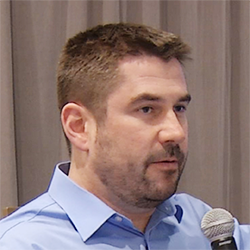
Wolfgang Singer, MD
Associate Professor of Neurology
Mayo Clinic Rochester, MN


